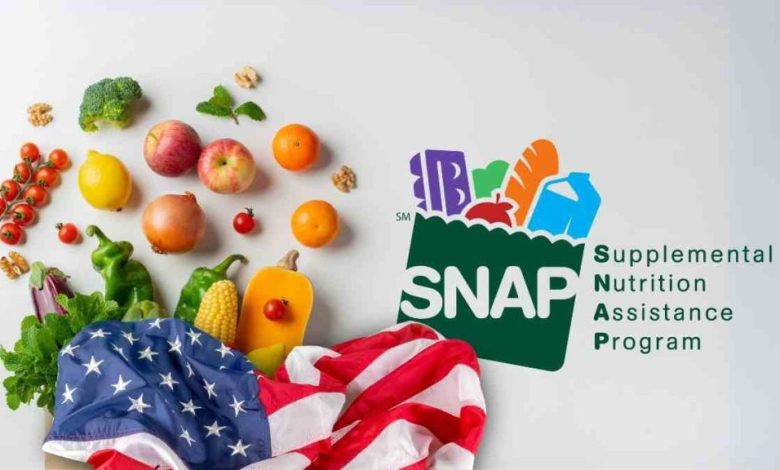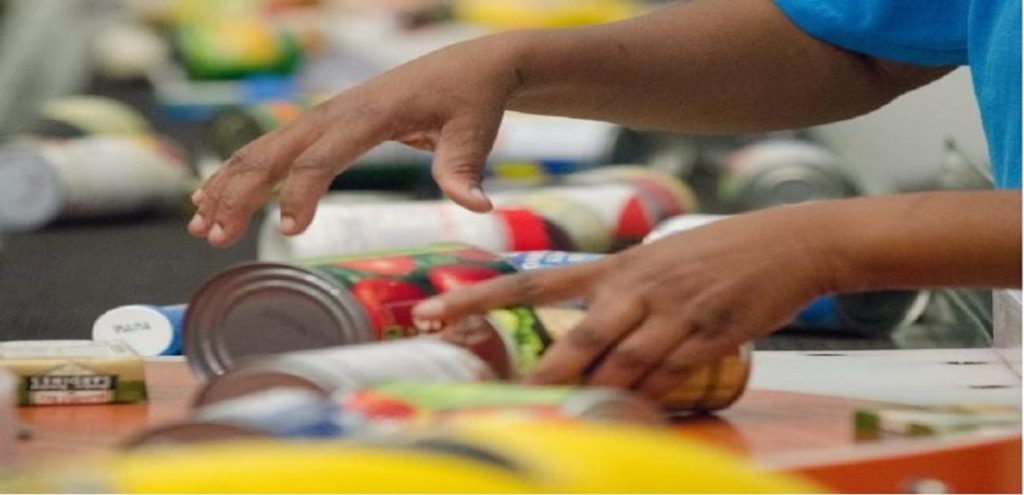Democratic-Led States Sue Trump Administration Over Suspension of SNAP Food Aid
Twenty-five states challenge the federal government’s decision to halt food assistance benefits amid the ongoing U.S. government shutdown.

A coalition of Democratic-led states filed a lawsuit on Tuesday to prevent President Donald Trump’s administration from suspending food assistance benefits starting November 1, amid the ongoing U.S. government shutdown.
The attorneys general and governors of 25 states and the District of Columbia filed the lawsuit in federal court in Boston after the U.S. Department of Agriculture (USDA) announced it would not use $6 billion in emergency funds to cover the costs of the Supplemental Nutrition Assistance Program (SNAP), also known as food stamps.
The case has been assigned to U.S. District Judge Indira Talwani, who was appointed by former Democratic President Barack Obama.
Blame Game
Massachusetts Attorney General Andrea Joy Campbell wrote on social media:“The federal government has the funds to continue financing SNAP benefits — but they have chosen to harm millions of families across the country who are already struggling to meet their basic needs.”
Democrats and Republicans in Congress have been trading blame over the shutdown and the risk of SNAP benefits expiring in November. The program provides food assistance to more than 41 million low-income Americans.
The USDA’s original shutdown plan included the potential use of emergency funds for SNAP, but on Saturday the department updated its website, announcing that no benefits would be issued on November 1 as scheduled, saying that “the well has run dry.”

Arbitrary Action
The lawsuit argues that the suspension of benefits is an arbitrary action that violates the laws and regulations governing the program, which stipulate that “assistance under this program must be provided to all eligible households.”
It further cites the Food and Nutrition Act of 2008, which states that emergency funds should be used when necessary to sustain the program’s operations.
The plaintiffs — led by attorneys general from Massachusetts, California, Arizona, and Minnesota — say that the federal government’s failure to issue monthly food aid payments due to funding lapses would mark the first such case in SNAP’s 60-year history.
The states are seeking an injunction and a temporary restraining order to compel the USDA to use available emergency funds to maintain SNAP benefits in November and prevent millions of families from losing access to food assistance in the coming days.
New York Attorney General Letitia James said in a statement:“Millions of Americans are on the verge of hunger because the federal government has chosen to withhold food aid that it is legally obligated to provide.”
Meanwhile, a USDA spokesperson said Senate Democrats face “a turning point where they must choose either to stand with the party’s far-left wing or to reopen the government so that mothers, children, and our most vulnerable populations can receive their WIC and SNAP benefits on time.”

Threat to 7 Million WIC Participants
SNAP benefits are available to Americans earning less than 130% of the federal poverty line — equivalent to $1,632 per month for a single-person household or $2,215 for a two-person household in many regions.
Benefits are distributed monthly, though the exact payment dates vary by state, which is responsible for day-to-day administration.
The shutdown also threatens benefits for about 7 million participants in the Special Supplemental Nutrition Program for Women, Infants, and Children (WIC).



